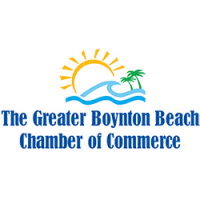There are many different types of relapse prevention groups and you may already be familiar with some of them. The majority of them restrict attendance and participation to recovering addicts, because it\’s intended to be a free space for discussing their addiction struggles. Addicts may not feel as free to express themselves in the presence of family members or strangers who are unfamiliar with the addiction experience.
While many relapse prevention groups are restrictive in who can attend, there are other groups that do allow family members and loved ones to attend. In fact, some groups are specifically intended to provide loved ones with insight into addiction and relapse prevention. For instance, Nar-Anon is a group aimed at family members and provides a 12-step program specifically for them. It helps them recover from the experiences of dealing with their addictive loved one and helps them understand more about the recovery process.
What Can Family Members Learn From Group Support Meetings?
One of the most important things loved ones can do for the recovering addict in their family is to create a supportive and sober living environment. In many cases, family members feel uncertain about their behavior, or they may be fearful of saying the wrong thing. By attending group support meetings, they can learn that providing a normal home environment is essential to a sustained recovery. Family meals and routine discussions are important in helping the recovering addict return to a normal routine. Family members can also vent their frustrations in group meetings, rather than confronting the recovering addict with them.
While communication is important, family members shouldn\’t be placing high expectations on the recovering addict. Each day of sobriety is a victory in itself. The other facets of life will take more time and a certain degree of patience is important. These are the kinds of feelings that family members can share in group feelings. By doing so, they can learn more constructive ways of expressing their thoughts. One goal of group meetings is to teach family members how to be more supportive. If you have a loved one who is struggling with addiction, helping them get treatment is an important first step. By calling 833-846-5669, you can speak with our counselors and learn more about treatment options. A brief phone interview can give you the insight you need to help your loved one start a sober and healthy lifestyle.

